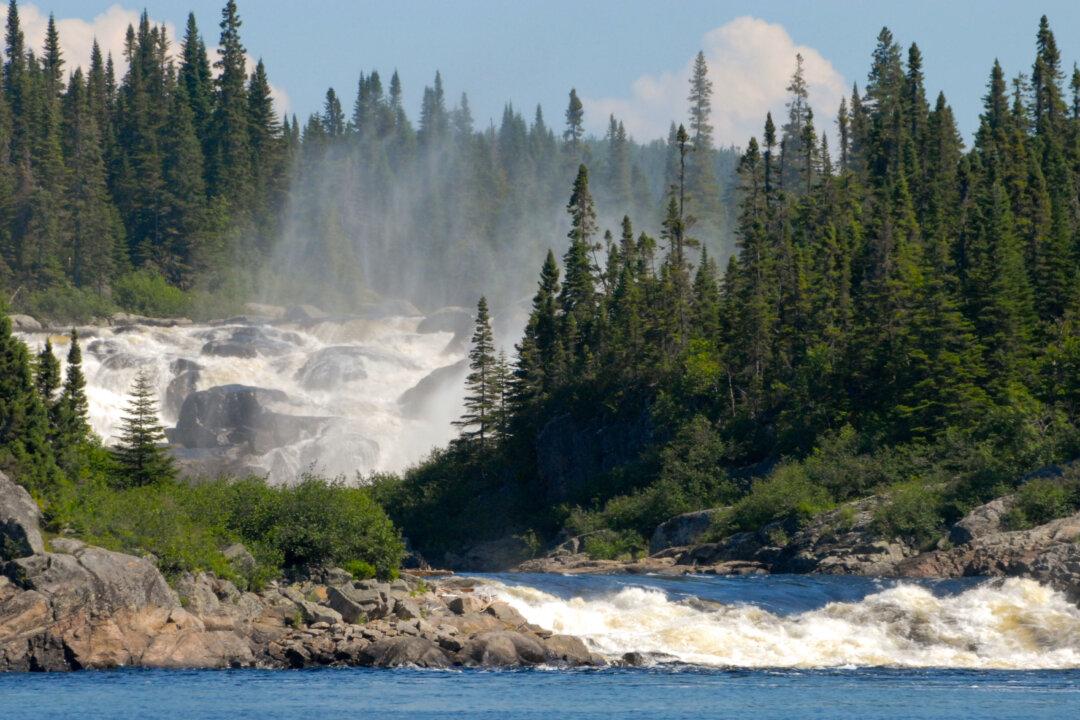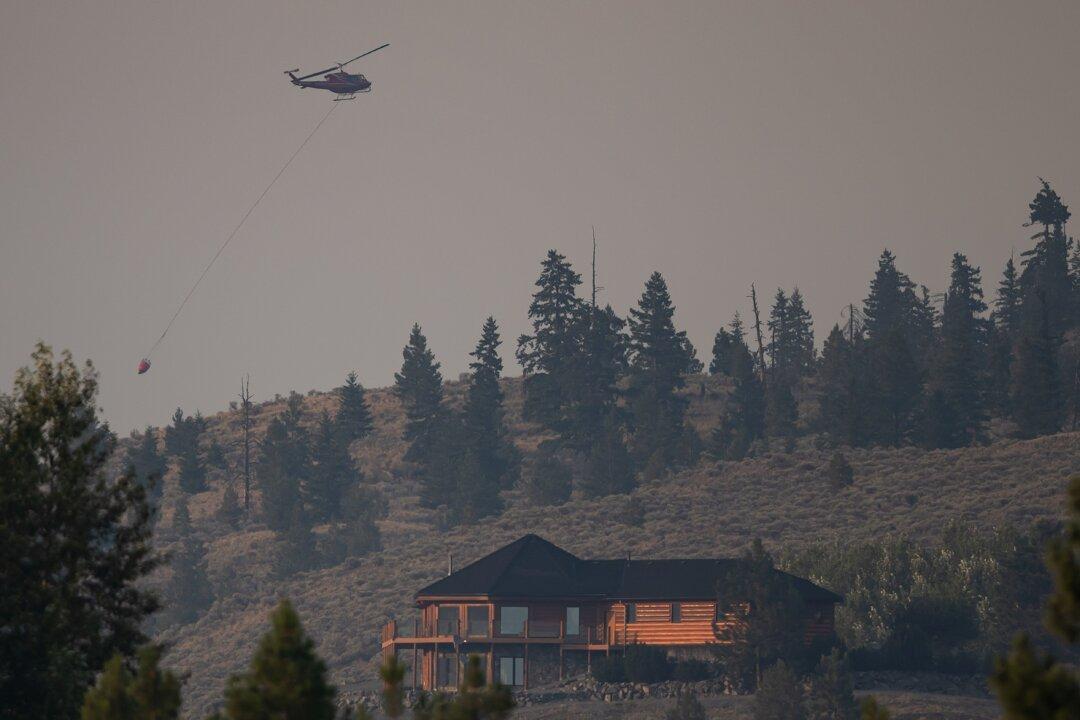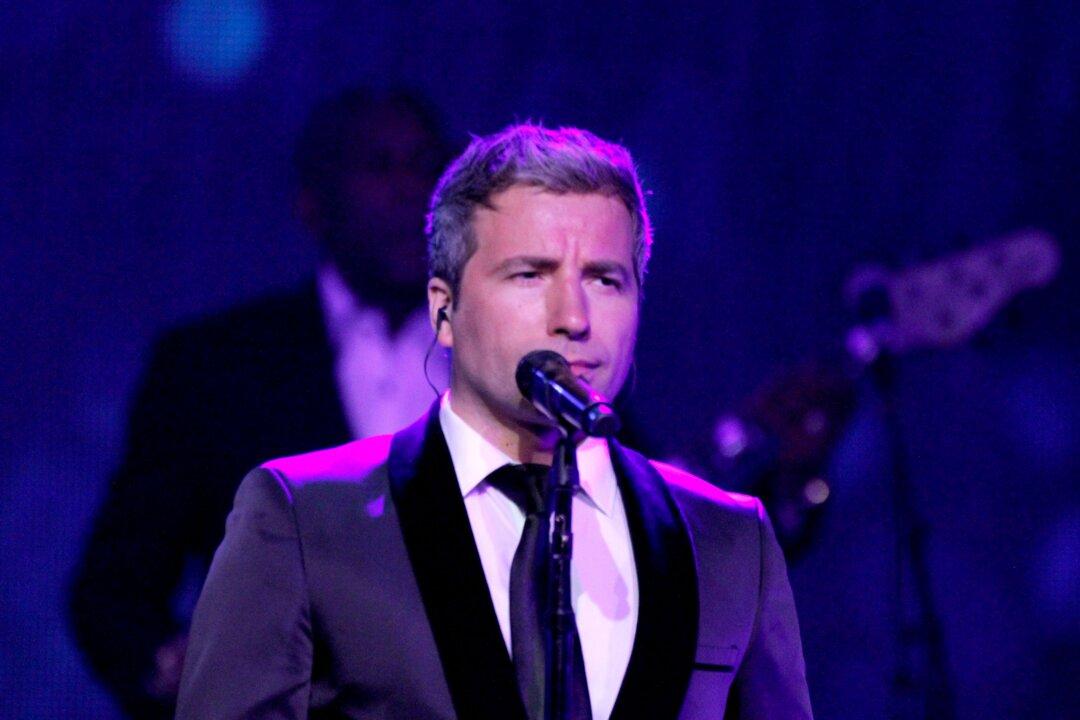A remote river in eastern Quebec has been granted personhood status, making it the first time in Canada that an entity of nature purportedly has the same legal rights as a human being.
Bestowing legal personhood on the Magpie River, which spills into the Gulf of St. Lawrence, is being lauded by the groups involved, but one expert describes the move as “strictly UN optics.”





